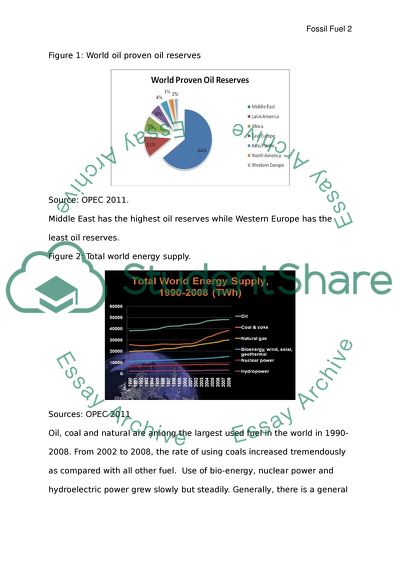Cite this document
(Benefits of Using Fossil Fuels Case Study Example | Topics and Well Written Essays - 2000 words, n.d.)
Benefits of Using Fossil Fuels Case Study Example | Topics and Well Written Essays - 2000 words. Retrieved from https://studentshare.org/environmental-studies/1754684-implications-and-benefis-of-fossil-fuels
Benefits of Using Fossil Fuels Case Study Example | Topics and Well Written Essays - 2000 words. Retrieved from https://studentshare.org/environmental-studies/1754684-implications-and-benefis-of-fossil-fuels
(Benefits of Using Fossil Fuels Case Study Example | Topics and Well Written Essays - 2000 Words)
Benefits of Using Fossil Fuels Case Study Example | Topics and Well Written Essays - 2000 Words. https://studentshare.org/environmental-studies/1754684-implications-and-benefis-of-fossil-fuels.
Benefits of Using Fossil Fuels Case Study Example | Topics and Well Written Essays - 2000 Words. https://studentshare.org/environmental-studies/1754684-implications-and-benefis-of-fossil-fuels.
“Benefits of Using Fossil Fuels Case Study Example | Topics and Well Written Essays - 2000 Words”. https://studentshare.org/environmental-studies/1754684-implications-and-benefis-of-fossil-fuels.


